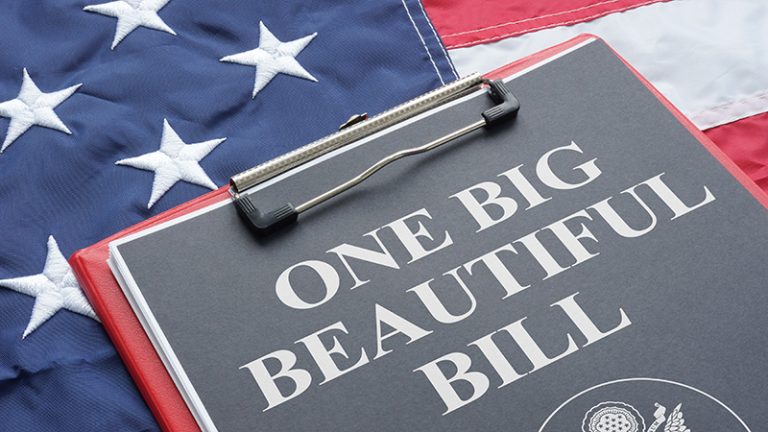Blog
Our blog is an extension of the expert guidance you receive every time you speak with one of our advisors. From industry trends to essential tax and audit resources, you’ll gain insights to power your business dream.

Implementing Internal Controls to Prevent Organizational Fraud
Prevent internal fraud in small businesses with simple controls like payroll ...

How Contingent Fee Law Firms Can Forecast Cash Flow Using Their CMS
Contingent fee law firms can forecast cash flow using CMS data. Build reliabl...

Missouri’s Tax Legislation Update: HB 594 and HB 567
Missouri's HB 594 and HB 567 introduce a capital gains tax break and wage law...

How to Create a Cash Flow Forecast (and Why It Could Save Your Business)
See how a dynamic cash flow forecast helps you plan ahead, manage risk, and s...

Attracting and Retaining Finance Talent in a Tight Market
Hiring finance talent is tougher than ever. Explore proven strategies to attr...

Navigating the "One Big Beautiful Bill": Key Tax and Financial Planning Considerations for Anders Clients
Major tax changes are here. Learn what the “One Big Beautiful Bill” means for...

401(k) Audit Deadlines Are Fast Approaching: Take These Steps to Ensure Timely Completion
With 401(k) audit deadlines approaching, take these steps to stay on track an...

Microsoft 365 Renewals for Not-for-profits: What You Need to Know Starting July 1, 2025
Changes to Microsoft nonprofit licensing are coming. Learn how Anders can hel...

Work Smarter, Not Harder
Law firm leaders can boost profitability and avoid burnout by delegating smar...

State Sales Tax Treatment of Tariffs
Illinois and New Jersey now tax certain tariffs. Learn how your business coul...

Your Introductory Guide to Accounting for Trucking Companies
Key accounting tips for trucking companies to stay compliant, manage cash flo...

Tax Relief for Missouri Storm Victims: How Residents and Businesses Can Know if they Qualify
Missouri storm victims in designated counties may qualify for tax relief with...
Be the first to know
Subscribe to our newsletter and receive the information that matters to you.
Talk To Anders
We do more than solve problems – we help you sleep better at night.


